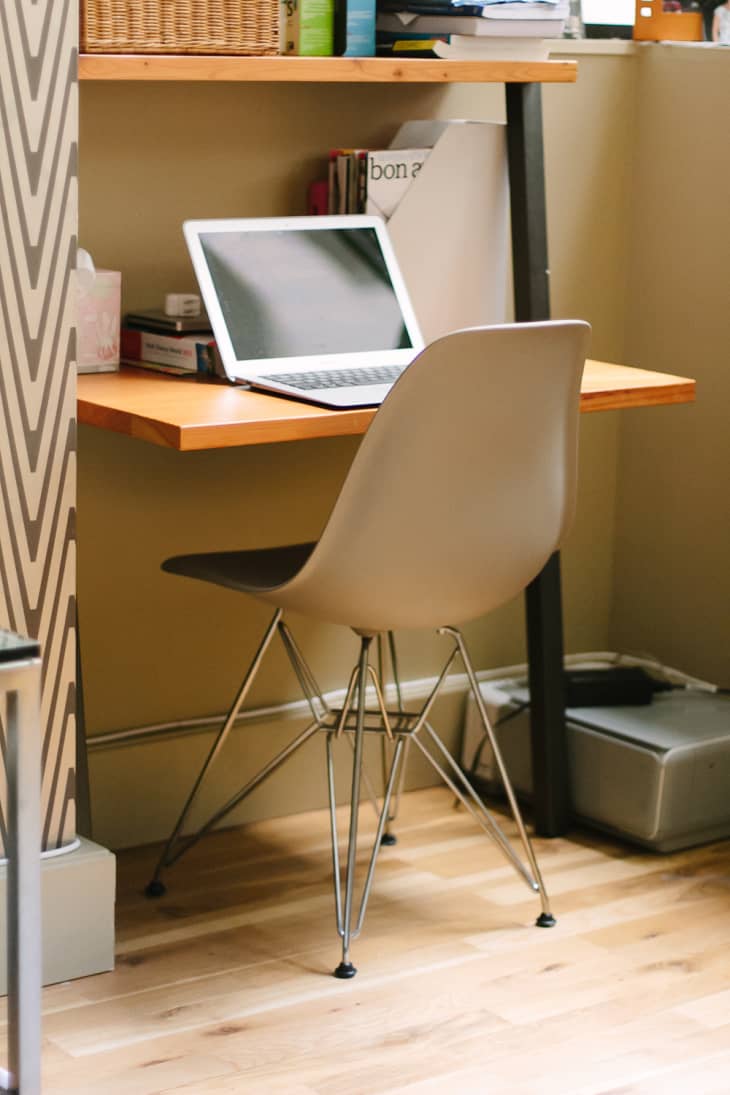Less Mess & Stress: Getting Your Paperwork & Files Organized

Paper! This is a big one for lots of us and it’s one area where clutter not only causes mess, but can actually cost you money and time. Keeping on top of bills and being able to find important documents when you need them reduces the possibility of mishaps like late fees and getting a routine set streamlines the paperwork process. So, let’s think about this assignment as a investment – clear it out, set it up and permanently reap the rewards of less stress!
The goals of whatever process you set up are simple: spend the least amount of time processing what comes in and keep the minimum amount of paper. Today, spend some time to determine a process and schedule to use moving forward and you’ll be set for the year ahead.
Today’s Assignment:
• Set a deadllne to clear out your current files.
Give yourself a deadline that is realistic, based on the current state of what you have on hand. If your files are reasonably under control, get it done today, but if you need more time, that is fine, just chip away at it in 30 minute daily sessions for the next week or so. The important part is to set a deadline and stick to it, getting it done ASAP. It will be a relief and well worth your time.
Here are Maxwell’s suggestions for what to keep and what can go:
Keep
Personal Letters
Tax Returns – Permanently
Credit Card Statements – 7 years
Mortgage Statements – 7 years
Bank Statements – 7 years
Investment Statements – 7 years (keep initial statement for life of investment)
Deductible Business Receipts – 7 years
Deductible Business Bills – 7 years
Insurance polices – 3 years of renewals
Warranties, User Guides – Life of product
Toss
1. Personal or Holiday Cards
2. Utility Bills (unless deductible)
3. Rent Receipts (unless deductible)
4. Nondeductible receipts or bills
• Organize what you are keeping.
Whatever method of file organization you prefer (by month, by type of document/bill, etc.) the two key things to keep in mind is that you should
1. Label all your files clearly and consistently, and
2. Set aside enough room for your files so they are not cramped. You will be less likely to keep up your organization if you have to deal with jamming in new items each week.
• Consider moving bill-paying and banking online.
Much of any household’s paperwork processing can be avoided by moving bill paying and other financial dealings online – which requires its own type of organization. Taking the time to set up the process will be repaid many times over in terms of less clutter, less time spent and less paperwork to file and store.
• Stick to a landing strip process to help keep things under control.
Set up a time once per week and deal with all of your important paperwork ONLY in that session. Let your landing strip organization work for you here. You should have set up a place for Important Mail. Each week, when its time to do your paperwork, that Important Mail will have already been gathered together in one place from your daily “landing strip” process. You can open, read, pay or respond and then file (or toss) everything from the previous week. It likely will not take too long, and when filing becomes part of this process, it will not feel like an “additional” chore, but simply part of your weekly routine.
If you follow your daily “landing strip” process and then stick to this weekly scheduled “paperwork” session, you never need to worry about dealing with bills or paperwork in between your weekly appointments, because you know exactly when you’ll be processing through the stack, paying things and getting things filed away. In the end it will save you time, because you always know where everything is and that its been dealt with – take the guesswork out of all of it for yourself!
Helpful Links:
- One Minute Tip: How to Organize Now for Next Year’s Taxes
- How to De-clutter Your (Financial) Life in 5 Steps
- 5 Ways to Stay (Financially) Organized
January Cure Calendar:
• Download our PDF to see the full upcoming schedule (and print it out if having a hard copy is helpful to you)
Join The January Cure: Click Here to Sign Up
January Cure Main Page: Click Here for the assignment posts so far
Questions? Comments? Pictures? Email us about your progress at januarycure@apartmenttherapy.com
Follow and Tweet! The January Cure: #januarycure